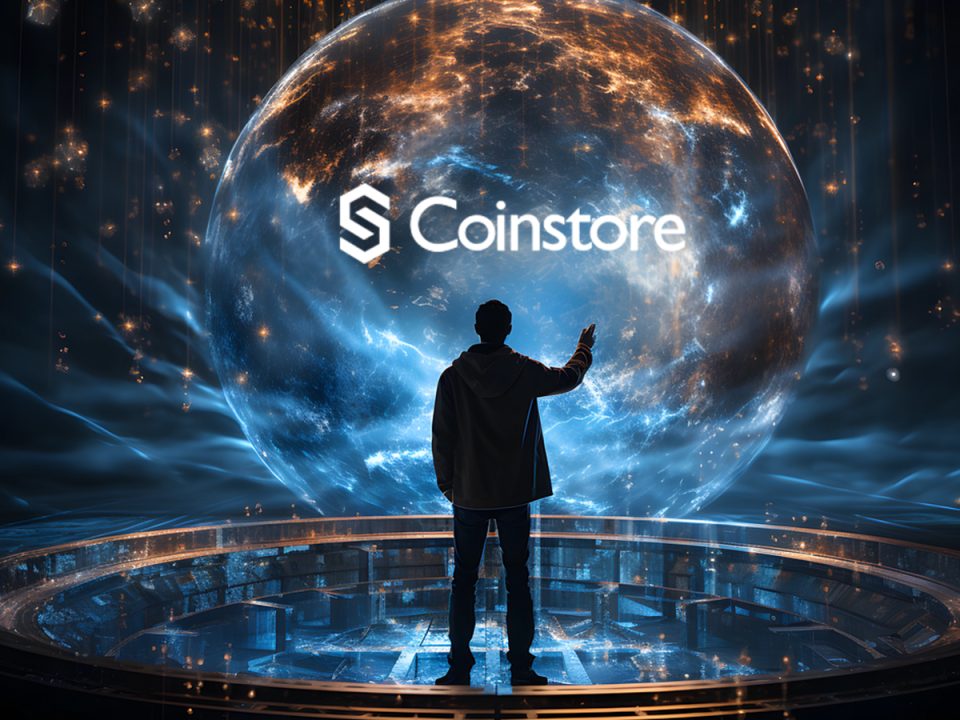What is QUANTUM and what does it solve?
QUANTUM is designed to overhaul the financial transaction systems by replacing outdated, centralized methods with a quantum-safe and AI-compliant decentralized blockchain solution that offers enhanced security and efficiency. It addresses the inherent limitations of traditional financial messaging systems like SWIFT, which suffers from issues such as slow transaction times, high costs, opaque fees, and susceptibility to cyber threats and geopolitical influences. QUANTUM introduces a next-generation financial framework that leverages post-quantum cryptography and trapping techniques to safeguard against advanced cyber threats and integrates AI to automate compliance checking with international financial regulations, aiming to streamline and secure financial transactions for banks, broker-dealers, investment managers, and market infrastructures globally. QUANTUM is also at the heart of all transactions underpinning the new financial institutions being built on Quantum Chain, forming the Quantum Ecosystem.
Token Overview
– Token name: Quantum
– Token symbol: $Q
– Total Issue Supply : USD $1,000,000,000
Catch more Fintech Insights : Global Fintech Series Interview with Dan O’Malley, CEO at Numerated
What are the utilities of $Q?
The QUANTUM token serves as a multifunctional utility within the Quantum Chain network, fulfilling several key roles:
1. Transaction Fees: QUANTUM tokens are used to pay for transaction fees within the network, compensating validators and nodes for processing transactions and maintaining the blockchain.
2. Governance: Token holders can participate in governance decisions, influencing the development and operational aspects of the Quantum Chain network. This includes voting on protocol changes, upgrades, and proposals that affect the network.
3. Staking: Users will be able to stake QUANTUM tokens to participate in the network’s consensus mechanism. Staking tokens helps secure the network by providing the necessary collateral to validate transactions. In return, stakers receive rewards proportional to their stake.
4. Reward Distribution: The network rewards participants, such as validators and certain users, with QUANTUM tokens for their contributions to network security, development, and community engagement.
5. Access to Services: Tokens might be used to access specific services within the QUANTUM ecosystem, such as advanced financial reporting tools, artificial intelligence-driven analytics, and other premium features.
6. Interoperability and Cross-Chain Services: QUANTUM may facilitate or manage cross-chain transactions, enabling interoperability with other blockchain networks, with the token potentially being used as a bridging asset.
These utilities are designed to ensure the active participation of users, maintain the network’s security, and encourage the ongoing development of the QUANTUM ecosystem.
What does the QUANTUM ecosystem include?
The QUANTUM ecosystem is built to provide a robust and scalable blockchain infrastructure with multiple components and services that address various aspects of blockchain technology and its applications to perfectly se the foundations of an evolved financial industry:
1. Core Blockchain Layer: At the heart of QUANTUM is its blockchain layer, Quantum Chain, the quantum-safe protocol which supports high transaction throughput and scalability through an innovative consensus mechanism. This layer ensures secure, fast, and efficient transaction processing.
2. Decentralized Applications (dApps)/Financial Institutions (FIs): The ecosystem supports the development and operation of new financial institutions and dApps. These applications leverage Quantum Chain technology for various use cases, including finance, tokenization, supply chain management, payments and cross-border transactions and much more.
3. Smart Contracts: QUANTUM integrates smart contract functionalities that allow incorporated developers to create automated, self-executing contracts with the terms directly written into code, facilitating trustless agreements and automated processes.
4. Interoperability Features: The platform includes L2 features designed to ensure interoperability with other blockchains, allowing for seamless cross-chain communications and transactions. This is crucial for enhancing the utility of QUANTUM in a broader blockchain environment.
5. Staking and Governance: Token holders can stake their tokens to participate in network governance, influencing decisions related to the network’s future development, upgrades, and changes in protocols.
6. Validator Nodes: The network relies on validator nodes, which are responsible for validating transactions and maintaining the integrity and security of the blockchain. Participants can run validator nodes by staking QUANTUM tokens.
7. Security Services: The ecosystem includes advanced security protocols to protect against common vulnerabilities and attacks, ensuring the safety of transactions and data stored on the blockchain.
8. Quantum Wallet: A proprietary wallet for managing QUANTUM tokens and interacting with the network. The wallet facilitates token storage, transactions, staking, and participation in governance.
9. Educational and Community Support: The ecosystem also focuses on education and community engagement to encourage adoption and foster a supportive environment for users and developers. This includes documentation, tutorials, workshops, and active community forums.
10. Platform Integration: Additionally, the QUANTUM project ecosystem will feature a dedicated “Quantum” column on the Coinstore platform. This column will serve as a focal point for all related activities and updates, providing users with direct access to information on QUANTUM’s market movements, trading opportunities, and educational content. This integration into Coinstore will enhance visibility and accessibility, making it easier for users to engage with QUANTUM directly from the trading platform.
These components work synergistically to create a comprehensive ecosystem that supports a wide range of blockchain applications and services, driving forward the adoption and utilization of blockchain technology across different sectors.
Read More on Fintech : Global Fintech Series Interview with Krishna Venkatraman, Chief Data Officer at Kueski
[To share your insights with us, please write to psen@itechseries.com ]
